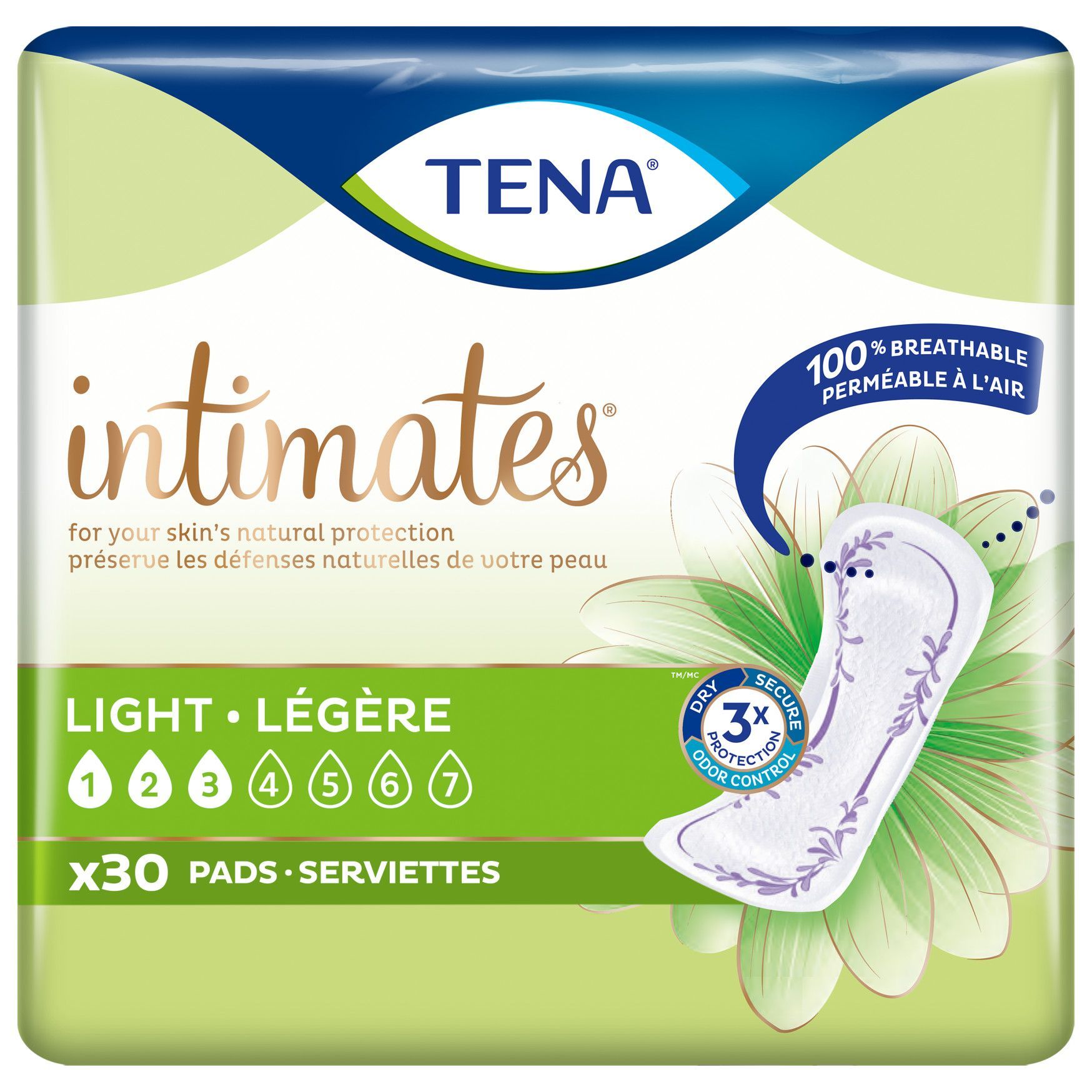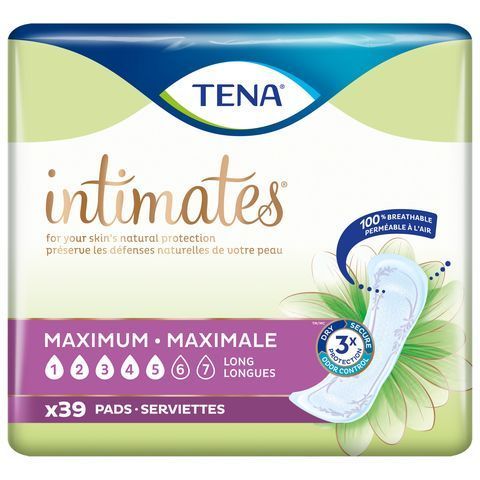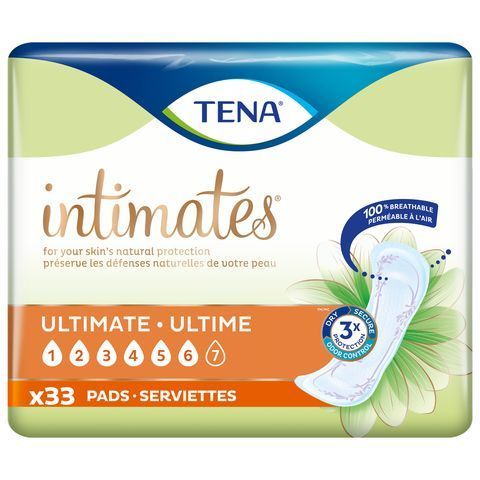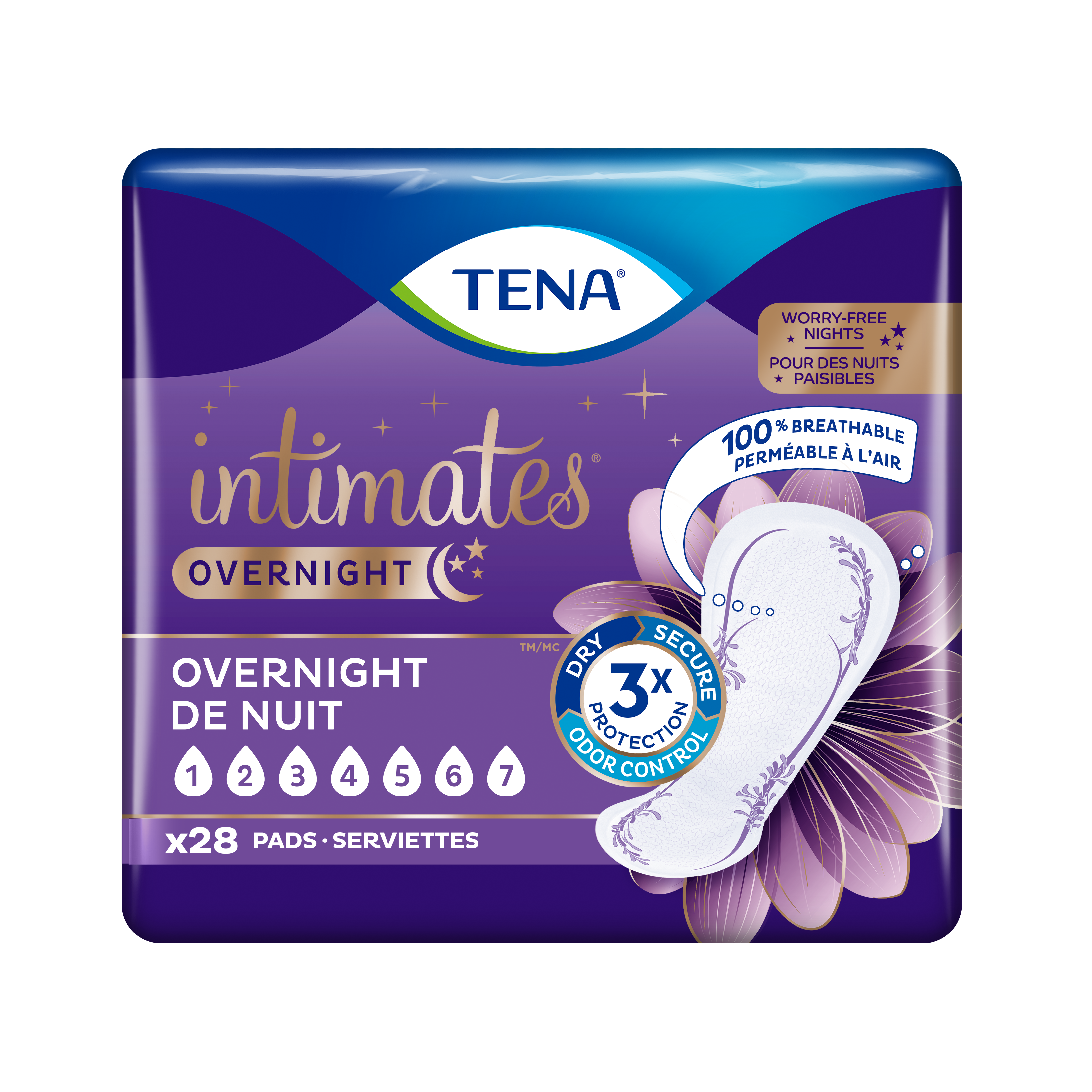Yes, You Should Be Talking To Your Doctor About Urinary Incontinence

While most women feel comfortable talking about their periods, bladder leaks don’t usually get the same airplay. But urinary incontinence, which is the medical term for loss of bladder control, is much more common than many of us realize.
Urinary incontinence impacts one in four women, according to the Mayo Clinic. And while you may have heard that leaks are only something that comes with age, plenty of younger women struggle with them as well. “This is not just an old person’s problem,” says Lauren Streicher, MD, professor of clinical obstetrics and gynecology at Northwestern University’s Feinberg School of Medicine. “We see it in young women as well.”
“If you’re sitting at a table with ten women, several of them are peeing in their pants or have peed in their pants at some point.”
And almost all women will experience some form of urinary incontinence during their lifetime, say integrative women’s health expert Suzanne Gilberg-Lenz, MD. “Whether it happens during or after childbirth or later in life, it’s best to be informed and not caught off-guard,” she says. Basically, if you find that you’re leaking a little after you had a baby or when you jump rope during your workout, don’t panic—you’re not the only one who is going through this.
That doesn’t mean you should brush it off, though. Getting your leaks under control (à la lifestyle changes, pelvic-floor exercises, and products like TENA incontinence pads and underwear) can be easier than you realize. Here’s what to know and how to get relief.
Signs you might have urinary incontinence
You probably know when you have it, but it never hurts to go over the symptoms, just in case. We asked ob-gyn Christine Greves, MD, of the Winnie Palmer Hospital for Women and Babies, to outline the most common signs:
- You have pressure or spasms in your pelvic area that makes you feel like you need to pee
- You’re going to the bathroom more than you used to
- You’re going to the bathroom more than eight times a day or more than twice at night
- You pee when you’re sleeping
- You pee when you cough, sneeze, or laugh
What causes urinary incontinence?
There are a slew of reasons that could be behind your leaks. These are some of the most common causes, according to U.S. Office on Women’s Health:
- Pregnancy
- Childbirth
- Menopause
- Being overweight (excess weight puts pressure on your bladder, weakening the muscles over time)
- Being constipated (it can weaken your pelvic floor muscles)
- Nerve damage
- Surgery, especially on your reproductive organs
- Certain medications, including diuretics
- Too much caffeine
- A bladder or urinary tract infection
Finding a solution that works for you
There are a few factors that go into finding the right treatment plan. “The solution depends on the severity, duration, and characteristics of your incontinence,” says Dr. Gilberg-Lenz, including how disruptive it is to your life.
“Try to figure out why you’re having urinary incontinence,” says Dr. Greves. If you suspect constipation is behind your leaks, she suggests upping your fiber intake. If you’re overweight or obese, talk to your doctor about your options for losing weight. And, if you recently had a baby, it’s worth trying kegels, Dr. Greves says.
If your incontinence is light or moderate, pelvic-floor therapy may also help. But if you’re not a candidate for this therapy (or it’s just not something you want to try), the right products that wick moisture away from genital skin and protect it from infection and inflammation are critical, says Dr. Gilberg-Lenz, especially while you work with your doctor to treat the underlying cause of your leaks. Her suggestion: Try TENA pads or underwear. “They’re fantastic for these very reasons,” she says. “There is literally one for every activity, from daily use to sleep to exercise, for ‘I’m definitely going to leak’ to ‘just in case.’”

These thin pads are ideal for stress incontinence and lighter leaks.

These breathable pads are great for heavy urge incontinence and offer protection against leaks, odor, and moisture.

Looking for a higher absorbency? These pads help protect against heavy leaks and surges, while remaining comfortable.

Designed for overnight use, these pads will help keep you dry and comfortable while you’re lying down.
One last thing: Why is urinary incontinence so taboo?
It’s really hard to say. “We are conditioned to be ashamed of these body functions and so we don’t share freely,” says Dr. Gilberg-Lenz. Think about it: It’s embarrassing enough for women to talk about normal peeing, let alone admit that they’re dealing with incontinence when things aren’t functioning the way they used to. (Psst! Dr. Gilberg-Lenz talks more about this topic in TENA’s Incontinence Interviews , if you’d like to learn more.) Unfortunately, the taboo attached to the topic can directly impact your ability to get help, says Dr. Gilberg-Lenz: Research has found it can take women six to eight years to seek help for urinary incontinence.
But experts stress that urinary incontinence is really, really common. “If you’re sitting at a table with ten women, several of them are peeing in their pants or have peed in their pants at some point,” says Dr. Streicher.
If you’re going through this, doctors say it’s vital to bring it up with your health care provider. “It’s important to evaluate how this condition is affecting you and if it is connected to any other serious health conditions that need to be addressed,” Dr. Gilberg-Lenz says. Bottom line: Your doctor can’t help you fix your urinary incontinence problem if they don’t know it’s happening in the first place.
TLDR; If you’re struggling with urinary incontinence, talk to your doctor. They should be able to guide you through next steps, including how to find a workable solution for you, which may include products like TENA incontinence pads and underwear, diet changes, or pelvic floor therapy.
Source: Read Full Article